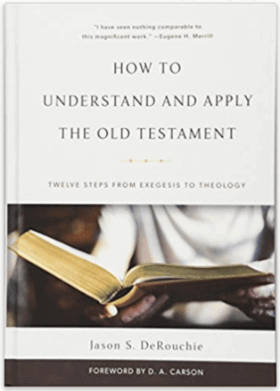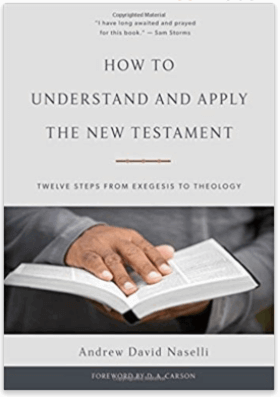Lesson 6 | The Fifth Pass: Savor
Seek, Obey, then Teach
In 458 BC a Jewish scribe named Ezra traveled from Babylon to Jerusalem with a burden on his heart. At this time the capital of the Jewish people, Jerusalem, was still weak and unprotected without physical walls. But more importantly, the people still lacked spiritual walls to separate them from their idol-worshipping neighbors. Ezra’s burden was to help his people, to reform them, to turn them away from sin and back to their covenant God.
And Ezra came to Jerusalem, Ezra 7:9 says, with “the good hand of his God ... on him.” Why was God going to bless this scribe’s work? Verse 10 explains:
For Ezra had set his heart to study the Law of the Lord, and to do it and to teach his statutes and rules in Israel.

In a course on Old Testament Exegesis, Dr. Jason DeRouchie of Bethlehem College and Seminary applies this verse to those who want to teach the Bible.
For most of my academic ministry career, the scribe Ezra’s approach to Scripture has highly influenced my biblical interpretation. ... Study, practice, teach God’s Word—this was the order of Ezra’s resolve. Study shaped by careful observation, right understanding, and fair evaluation is ... to give rise to practice, feeling appropriately about the truth that is seen and then acting accordingly. Only after one has studied and practiced is one ready to teach. If we teach without having studied, we replace God’s words with our own. We become the authority instead of the Lord. If we teach without having practiced, we are nothing more than hypocrites. —Jason S. DeRouchie, BI205 Old Testament Exegesis: Understanding and Applying the Old Testament, Logos Mobile Education [Bellingham, WA: Lexham Press, 2016], emphasis mine
These are the three steps of Bible study: study, obey, then teach. You need to seek God in the passage you’re studying as you carry out the first four passes of Phrasing. You need to labor to accurately understand the intention of the original author, search for commands and principles presented there, and pray to see the glory of God.
And then, before you can teach what you’ve learned in the first four passes of phrasing, you need to pause for as long as necessary to make sure that you are obeying God’s Word yourself. Only then are you qualified to teach what you have studied.

